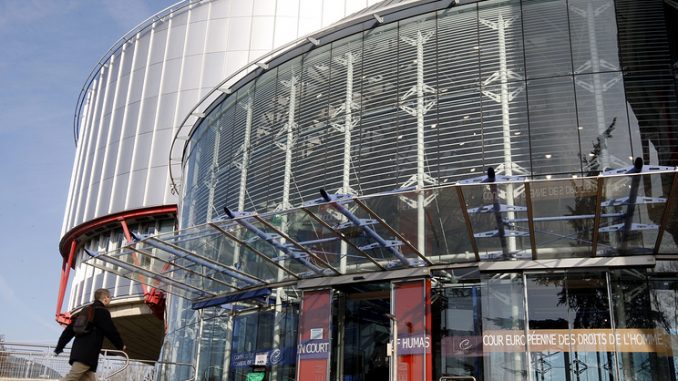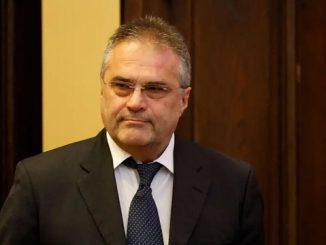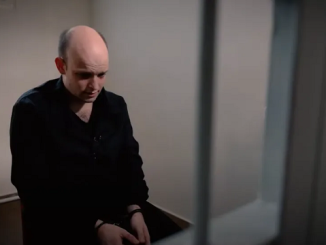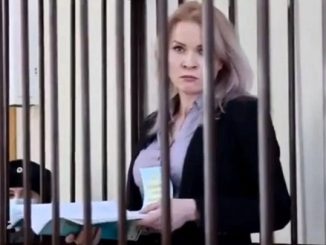
STRASBOURG, January 26. /TASS/. Russia fulfils up to 95% of rulings passed by the European Court of Human Rights (ECHR) and Russia’s judicial authorities generally demonstrate their full readiness for cooperation with the Strasbourg court, ECHR President Guido Raimondi said on Thursday.
“Very much positive can be said about relations with the Russian Federation,” he said, commenting on a decision by Russia’s Constitutional Court, which had recently ruled that the ECHR’s judgment obliging Russia to pay over 1.8 billion euros in compensation to former shareholders of the now defunct oil giant Yukos could not be enforced.
In Raimondi’s estimate, the ECHR “has excellent relations with the Russian judicial authorities.”
“I made a visit to Russia in late 2016 and held quite fruitful negotiations, in particular, with Chairman of the Supreme Court Mr. [Vyacheslav] Lebedev and Chairman of the Constitutional Court Mr. [Valery] Zorkin,” he said.
The ECHR’s head characterized as positive his contacts with his Russian counterparts, saying “they have big willpower to cooperate with the ECHR and with the Council of Europe as a whole.”
“We could state with Chairman Lebedev that the Supreme Court is carrying out excellent work for preparing judges and we know that Russia has a large judge corps, which depends on the Supreme Court’s preparation programs,” he said.
Raimondi citied statistics showing that the Russian authorities were enforcing up to 95% of the Strasbourg court’s rulings.
“In most cases, up to 95% of our court’s decisions are fulfilled duly in Russia and this is a positive aspect in Russia’s relations with the ECHR,” he noted.
Russian Constitutional Court’s Yukos ruling
Russia’s Constitutional Court earlier ruled that the ECHR’s decision obliging Russia to pay over 1.8 billion euros in compensation to ex-Yukos shareholders could not be enforced. Constitutional Court Chairman Zorkin said the ECHR’s decision on the compensation payout violated provisions of the Russian Constitution.
According to Zorkin, the ECHR’s resolution based on the interpretation of the European Convention on Human Rights and Fundamental Freedoms does not abrogate the priority of the Fundamental Law for Russia.
The ECHR ruled on July 31, 2014 to award over 1.866 billion euros in compensation payments to former Yukos shareholders under their complaint filed against Russia.
The ECHR concluded that Russian courts had breached article 6 of the European Convention on Human Rights stipulating the right to a fair trial when they had examined Yukos taxation issues in the early 2000s because the company had not been given enough time to prepare for its defense. One of the arguments used by the ECHR was that the three-year limitation period had expired.
Russia was required to submit a plan of action to the Council of Europe before June 15 on the payment of compensation to ex-Yukos shareholders but made no such step. Russia’s Justice Ministry sent an inquiry to the country’s Constitutional Court, which finally ruled on the unenforceability of the ECHR’s Yukos ruling.
In reply to a question about the ECHR’s position on this decision, Raimondi said experts in Strasbourg continued examining the text of this resolution passed by the Russian court.
“We’re studying this decision, which exists only in the Russian language so far,” he said, refraining from a more detailed comment.
Source tass.com





Be the first to comment